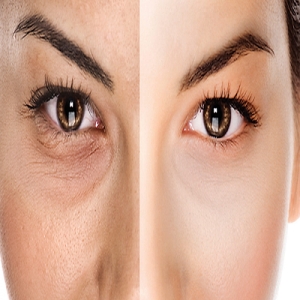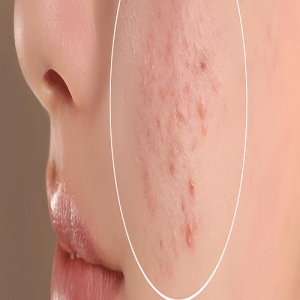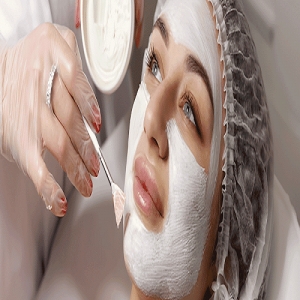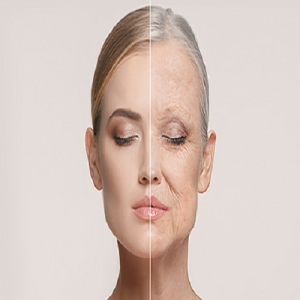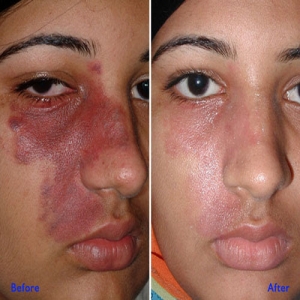Skin Whitening

Skin Whitening
Skin whitening, also known as skin lightening or skin bleaching, refers to the use of topical agents, treatments, or procedures to lighten or brighten the skin tone and reduce the appearance of hyperpigmentation, dark spots, and uneven skin tone. While some individuals may seek skin whitening treatments for cosmetic reasons, others may use them to address specific skin concerns such as melasma, sun damage, or post-inflammatory hyperpigmentation.
Here are some common methods and ingredients used in skin whitening:
-
Topical Agents: Skin whitening creams, serums, and lotions often contain active ingredients such as hydroquinone, kojic acid, alpha arbutin, glycolic acid, and vitamin C. These ingredients work by inhibiting melanin production, reducing the appearance of dark spots, and promoting skin brightening.
-
Chemical Peels: Chemical peels involve the application of a chemical solution to the skin, which exfoliates the outer layer of dead skin cells and promotes cell turnover. Certain types of chemical peels, such as glycolic acid peels or salicylic acid peels, can help improve skin tone and reduce hyperpigmentation.
-
Laser Therapy: Laser treatments, such as fractional laser resurfacing or Q-switched laser therapy, can target specific areas of hyperpigmentation and break down excess melanin in the skin. This helps to lighten dark spots and even out skin tone.
-
Microdermabrasion: Microdermabrasion is a non-invasive exfoliation technique that uses a handheld device to gently remove the outer layer of dead skin cells. Regular microdermabrasion treatments can help improve skin texture and reduce the appearance of dark spots.
-
Natural Remedies: Some individuals may opt for natural remedies such as lemon juice, yogurt, turmeric, or papaya, which are believed to have skin-brightening properties. However, it's essential to use these ingredients with caution and avoid any potential skin irritation or sensitivity.
It's important to note that skin whitening treatments should be used cautiously and under the guidance of a qualified dermatologist or skincare professional. Overuse or misuse of skin whitening products can lead to adverse effects such as skin irritation, inflammation, or even permanent damage to the skin. Additionally, individuals with darker skin tones should be particularly cautious when using skin whitening products, as they may be more prone to developing complications such as hypopigmentation or uneven skin tone.
Overall, the goal of skin whitening is not to change one's natural skin color but to achieve a more even, radiant complexion and address specific skin concerns. It's essential to prioritize skin health and safety when considering any skin whitening treatments and to consult with a healthcare professional to determine the most appropriate approach for your individual needs and goals.
Send Enquiry

